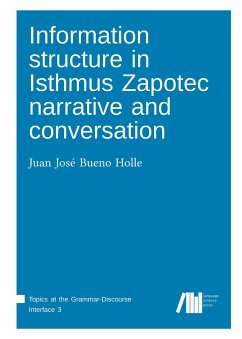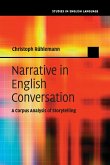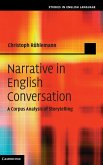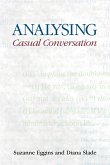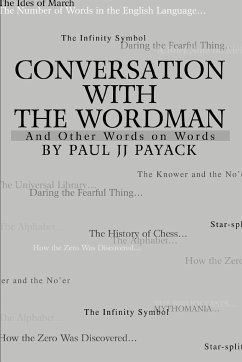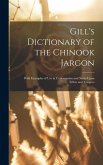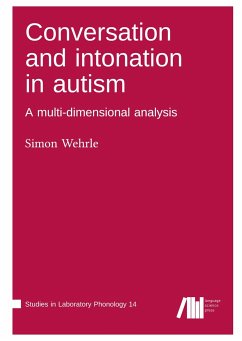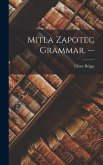This book presents an in-depth description of information structure in Isthmus Zapotec, an Otomanguean language spoken by around 50,000 people in southeastern Oaxaca, Mexico, and represents the first book-length treatment of information structure in a Mesoamerican language. Three main observations motivate the study: Strong documentation and a relatively large and active speaker community create a unique opportunity to document information structure in Isthmus Zapotec and to study the language as it is used by speakers in everyday life; As a tonal and verb-initial language, the examination of Isthmus Zapotec represents a chance to explore the possible combinations of tone, intonation, morphology and verb-initial syntax that may occur in the coding of information structure; and The close analysis of spontaneous speech in an endangered language contributes to our theoretical understanding of information structure and informs our knowledge of language documentation practices and revitalization efforts. Overall, the analysis presented here demonstrates the value and need for information structure studies to document and analyze naturally-occurring data.

